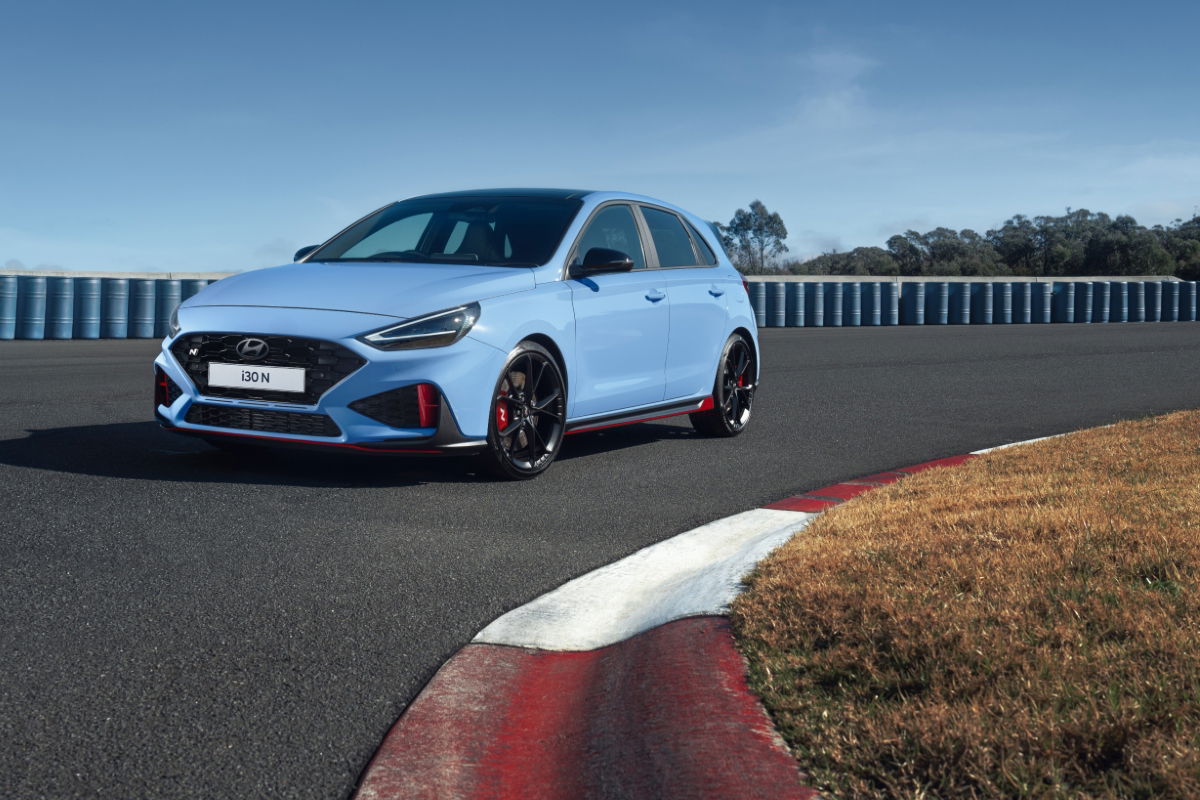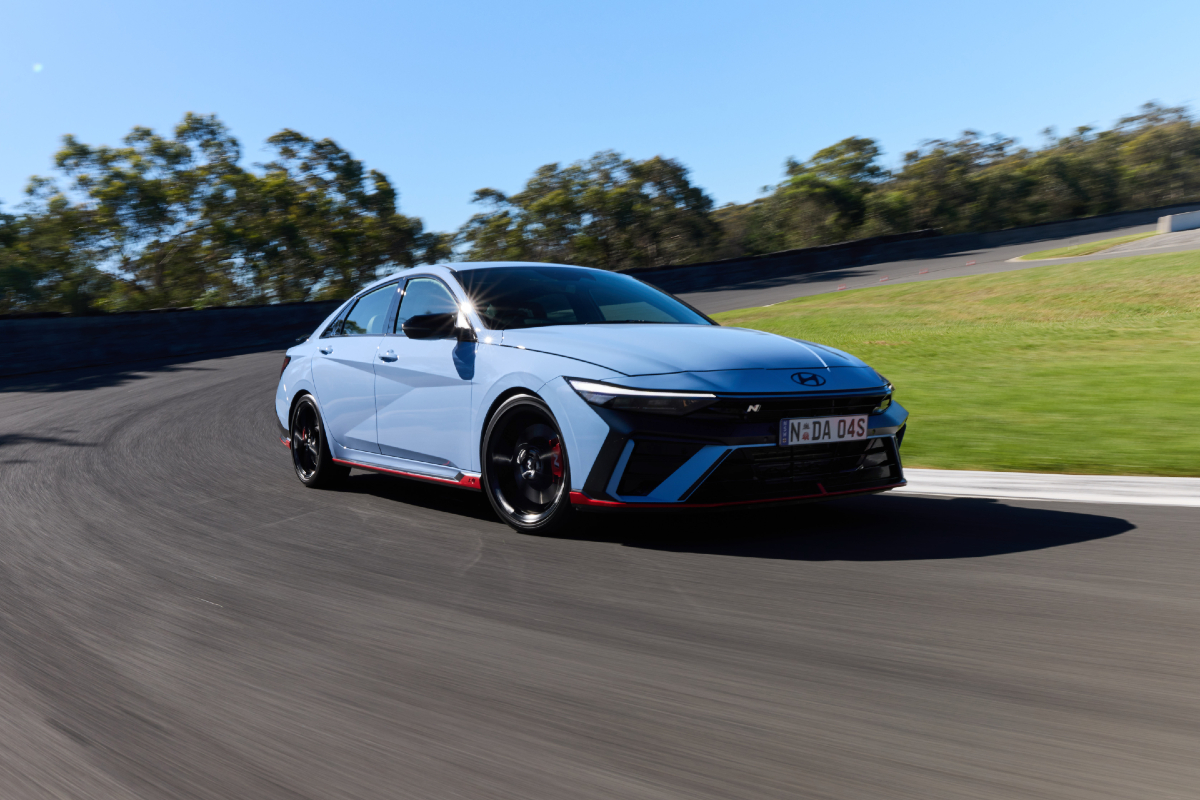From September 1, every Hyundai except its range of electric vehicles has undergone a price increase, with a majority of models hit with an extra $250 premium, while some are up to $2000 dearer.
The i30 hatch and Sedan (petrol and hybrid), Sonata, Venue, Kona (petrol and hybrid), Tucson (petrol and hybrid), Santa Fe (petrol and hybrid), and Staria (petrol and diesel) have all gone up by $250 as of the start of the month.
In the case of Hyundai’s hot N performance models, the i30 Sedan N is up $1000 (now starting from $53,000 before on-road costs), while the i20 N ($37,500 plus on-roads) and i30 N ($52,000 base, $55,000 Premium) are now $2000 dearer.
Hyundai Australia noted the N models were hit by a larger increase due to a combination of factors, including warranty, European factory sourcing and the New Vehicle Efficiency Standard (NVES).

As reported earlier this week, Hyundai has now introduced a seven-year, unlimited-kilometre warranty across its local lineup, up from its previous five-year coverage.
In terms of sourcing, the i30 Sedan N is produced in South Korea, while the i20 N and i30 N hatchback come from Türkiye and Czechia, respectively. Both models were axed from certain markets including the UK and Europe in recent months.
The NVES factor has recently seen price increases across multiple vehicles, including the Ford Mustang and Nissan Patrol, both of which are V8 powered.
Aimed at reducing the emissions of a carmaker’s fleet, brands are fined $100 for every gram per kilometre (g/km) their vehicles are over the emissions limits.
For ‘Type 1’ passenger vehicles such as the Hyundai N models, this limit is 141g/km in 2025, before reducing to 117g/km in 2026, 92g/km in 2027, 68g/km in 2028 and 58g/km in 2029.
According to Hyundai, the i20 N emits 157g/km, the i30 N hatch 197g/km (automatic) and 199g/km (manual), plus 194g/km (automatic) and 198g/km (manual) for the i30 Sedan N.
None of Hyundai’s EVs are impacted by price rises.















Discussion about this post